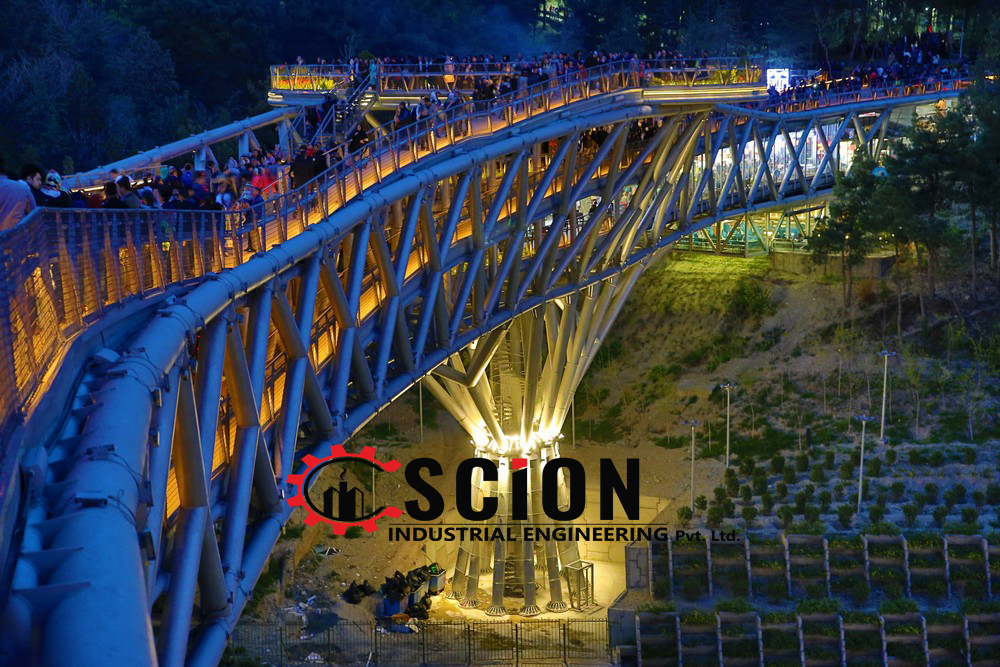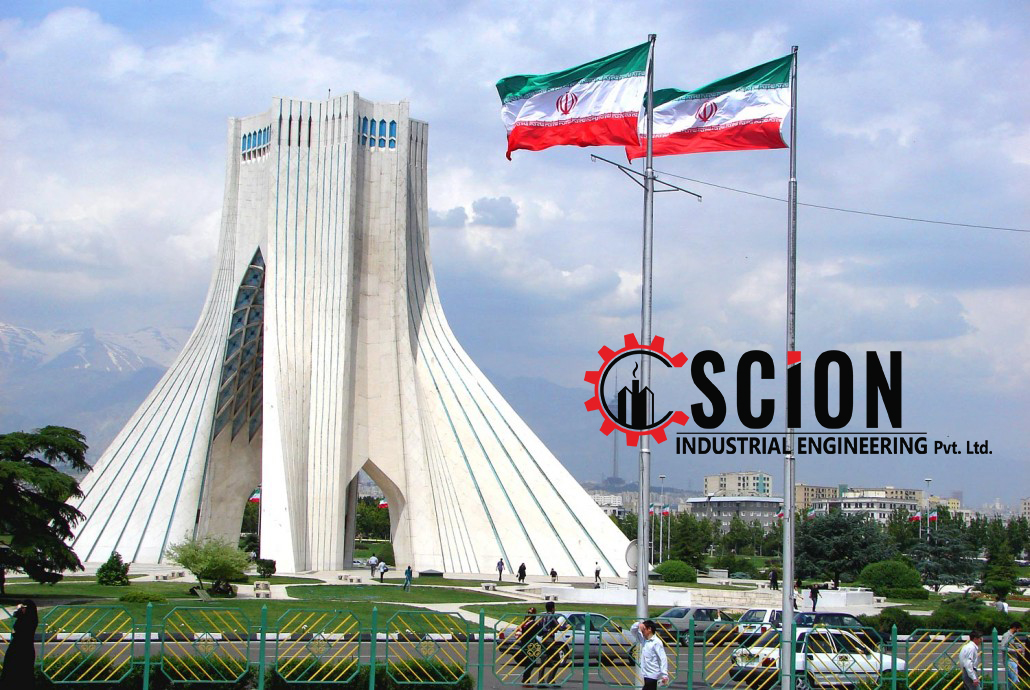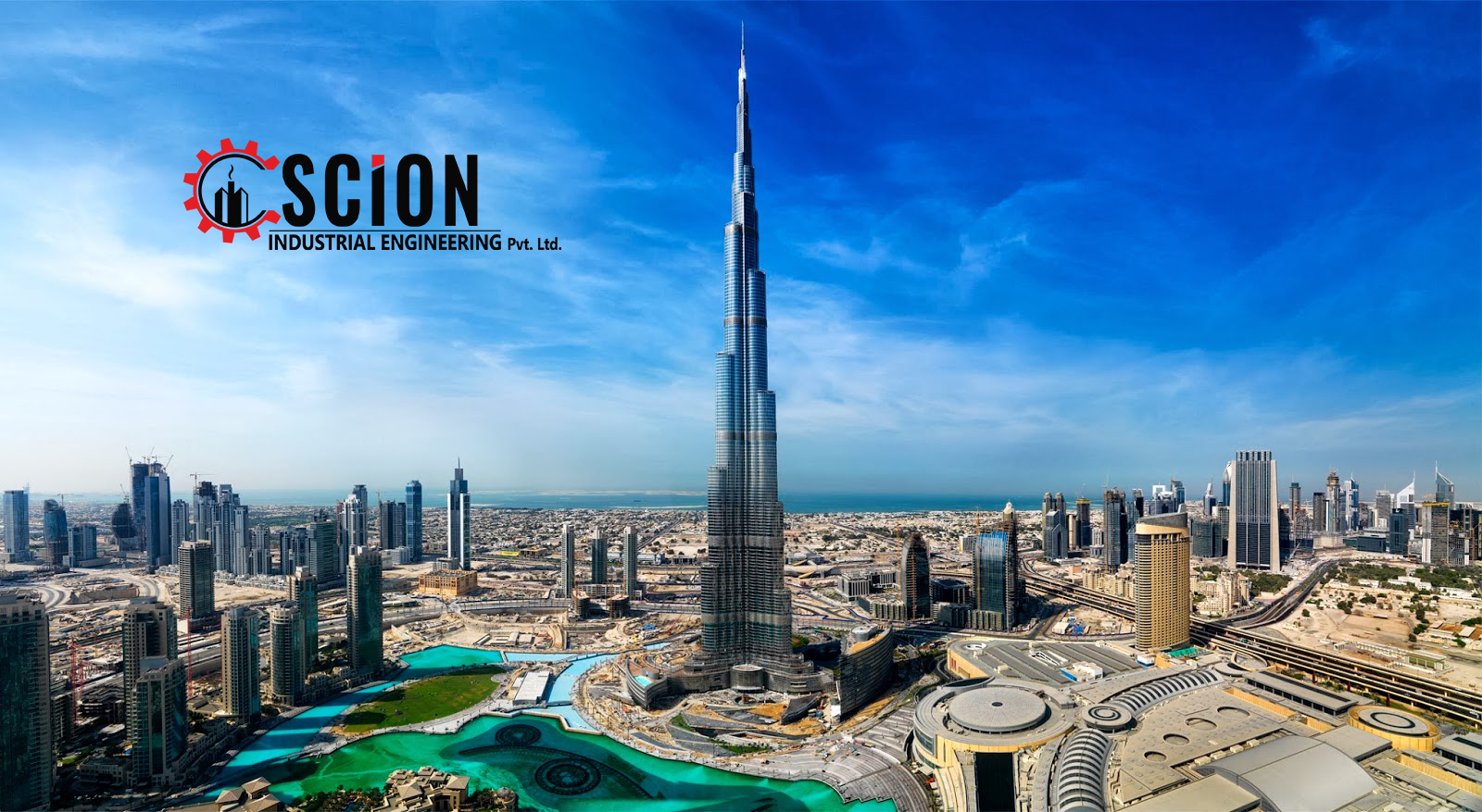British mining and mineral processing technology company Alexander has executed a commercial and technical partnership agreement with Turkish specialist mineral processing consulting company Proses.
The agreement covers the potential application and use of Alexander’s proprietary processing technologies and know-how (MetaLeach Technology) in the Middle East, including Turkey and Iran, London-based financial market website ADVFN reported.
The agreement covers the terms and conditions of the use of MetaLeach Technology and appropriate partnership success fees, where due, for introductions made by Proses.
Martin Rosser, Alexander’s CEO, said, “We are delighted with this partnership agreement with Proses. Proses is a highly regarded mineral processing consultancy with a strong presence in a part of the world that is highly prospective for our technology. We very much look forward to working together for mutual benefit.”
Proses and Alexander will, on a best efforts basis, investigate commercial opportunities for the use of MetaLeach Technology in the target regions. Proses proposes to design and construct a Strategic Information Systems Planning (approx. 100,000-300,000 tons feed per year) either in Turkey or in Iran subject to securing the necessary funding. Zinc oxide projects, especially in the Hakkari and Kayseri regions of Turkey and in Iran, are a particular focus but copper projects are also of interest. Any such SISP would be built and operated with material input from Alexander.
Proses has offered to explore a possible SISP at the world class Mehdiabad zinc (lead and silver) project in Iran where it has a role in development planning.
Mehdiabad is a mixed oxide/sulfide deposit (split 40%/60% respectively), with some sulfide sections containing zinc carbonates in the host. It is potentially one of the world’s largest zinc mines, which the state-owned Iranian Mines and Mining Industries Development and Renovation Organization expects to bring on stream in the next four years.
In March 2017, IMIDRO said it had signed a deal with a consortium of six private companies, led by Iran’s Mobin Mining and Construction Company for the project’s development. Mehdiabad has 154 million tons of proven reserves, according to IMIDRO, with an exploration target of 700 million tons.
Managing director of Mehdiabad Mine said back in November that the first phase of zinc concentrate production at Mehdiabad is scheduled to be completed by the end of the next fiscal year (March 2019).
“This mining complex will reach [its full] annual production capacity of 800,000 tons each for zinc and lead concentrate respectively in four years and three stages,” Amin Safari was quoted as saying.
Alexander will receive a gross sales revenue royalty on the value of the SISP product. Subject to the results of the SISP, Alexander will negotiate with the project owners a technology license agreement for the use of its MetaLeach Technology. The agreement would be on Alexander’s standard commercial terms and should include a gross sales revenue royalty on all commercial scale metal or high value-added processing plant product.
In addition, Proses may, on an independent best efforts basis and from time to time, make introductions to potential mining companies or projects in the target regions that may be of commercial interest to Alexander.
If so, where Alexander has agreed that a potential opportunity is of interest (allowing for certain exclusions), Proses will provide material input to the review by Alexander of the opportunity, to determine whether or not Alexander wishes to negotiate a technology license agreement with the opportunity owner(s).
Where both parties mutually agree, each party may provide technical consulting services, either separately or jointly, to third party owners.
MetaLeach Limited is a wholly owned subsidiary of Alexander Mining plc and was formed to enable the commercialization of its proprietary hydrometallurgical mineral processing technologies. These technologies have the potential to revolutionize the extraction processes for many base metals deposits by reducing costs, and hence enhancing operating margins, at the mine site, according to Alexander’s website.
Proses was established in Turkey in 1997. The main objective of the founders of the company was to provide the Turkish market with engineering and consulting services, especially in the base metals and precious metals production sector. In addition to Turkey, Proses has been active in various base metals and precious metals sector projects in Azerbaijan and Saudi Arabia.
Source: https://financialtribune.com/articles/economy-business-and-markets/82377/british-mining-tech-for-iran



